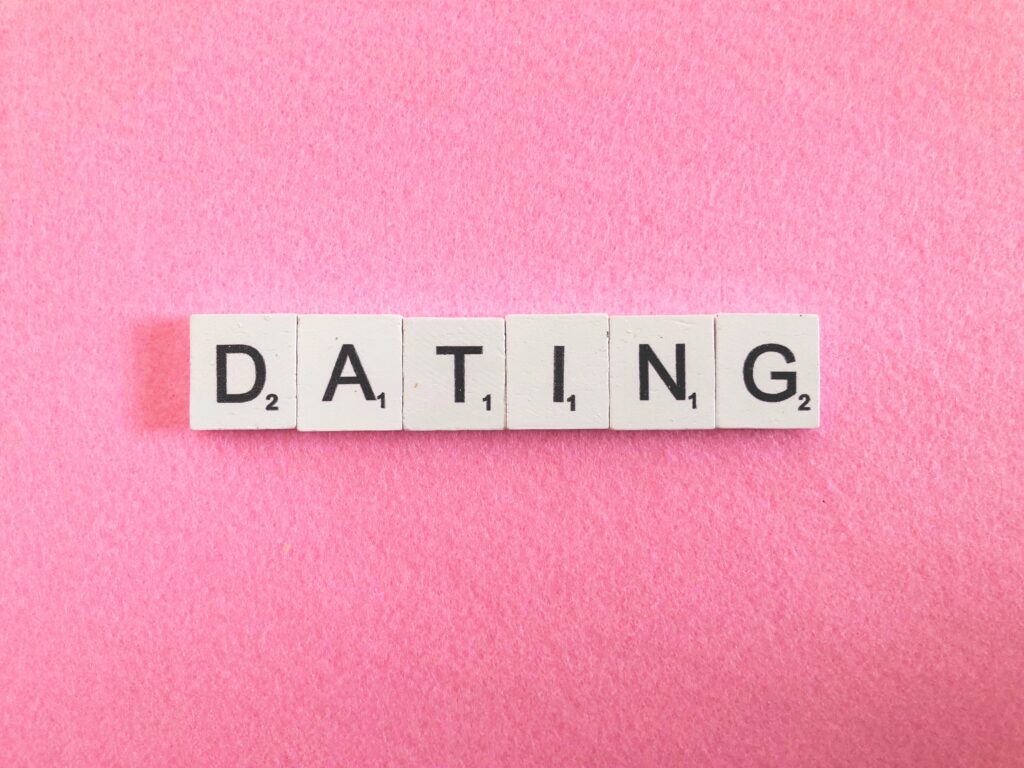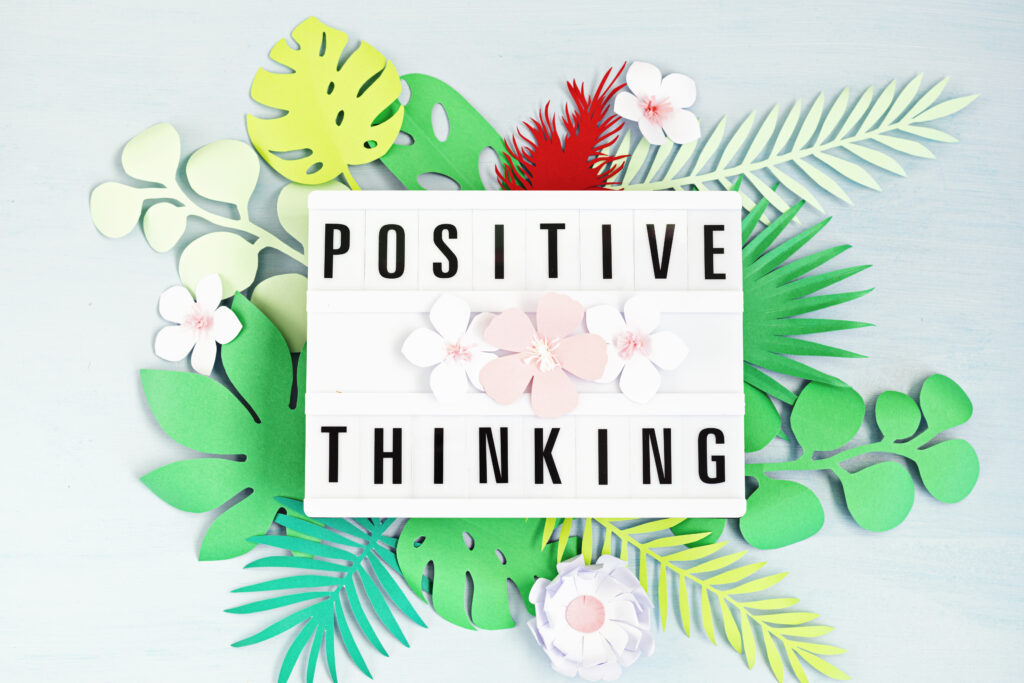Disclosing Your Mental Health While Dating

Dating can be a wonderful experience, but it can also be nerve-wracking especially if you have a mental health diagnosis. One of the questions that often arises when dating is when to tell the other person about your mental health diagnosis. Dating is a journey of self-discovery and connection within itself. Being open and honest about your mental health can create understanding and deeper connections with potential partners. However, disclosing your mental health can be a delicate process that requires thoughtful consideration.
Ultimately, the decision is yours and should be based on what feels right for you.
Rhianna James, Systemic Practitioner
There’s no right or wrong answer when it comes to disclosing your mental health diagnosis. Some people may feel more comfortable sharing this information early on in the dating process. While others may wait until they have established a deeper connection. Here’s a list of things to consider in the process.
Your Mental Health Matters
1. Self Awareness
Before discussing your mental health with a potential partner, take time to reflect on your own journey. Understand your triggers, coping mechanisms, and the progress you’ve made. This self-awareness will help you express your experiences and needs effectively when the time comes.
2. Timing Is Key
Choosing the right moment to disclose your mental health is crucial. Avoid revealing too much too soon, as it may overwhelm your date. Look for a comfortable and private setting where you both can have an uninterrupted conversation.
3. Build Trust
Establishing trust is essential in any relationship. Share your experiences gradually as you get to know each other better. As trust grows, you can dive deeper into your mental health journey.

4. Be Honest & Direct
When you feel the time is right, express your feelings and experiences honestly. Use clear and simple language to ensure your message is understood. Avoid oversharing information that might be too heavy for the early stages of dating.
5. Normalize The Conversation
Frame your disclosure as a normal part of the human experience. Mental health struggles are common and affect many people at some point in their lives. By normalizing the conversation, you create an atmosphere where your potential partner feels comfortable sharing their experiences as well.
6. Communicate Your Needs
Clearly communicate your needs and boundaries. This can include discussing what kind of support you find helpful or letting your date know if there are certain situations that trigger your mental health challenges. This openness can prevent misunderstandings down the road.
7. Emphasize Your Strengths
While sharing your challenges, also highlight your strengths and the strategies you’ve developed to manage your mental health. This showcases your resilience and growth, helping your date see the complete picture of who you are.

8. Listen Actively
Remember that effective communication is a two-way street. Encourage your date to share their thoughts and feelings too. Active listening builds a sense of connection and mutual understanding.
9. Be Patient
Not everyone will react the same way to your disclosure. Some may be understanding and empathetic, while others might need time to process the information. Be patient and give your potential partner the space to come to terms with what you’ve shared.
10. Evaluate Their Emotions
Pay attention to how your partner reacts to your disclosure. Are they empathetic, understanding, and supportive? Their response can provide insights into their level of emotional maturity and their capacity for a healthy relationship.

What If They Reject Me?
THEIR LOSS!
If your partner responds negatively to your disclosure, it is important to remember that this is not a reflection of you. Some people may have misconceptions about mental health, and it is not your responsibility to change their beliefs. If your partner is unable to accept your mental health diagnosis, it may be a sign that they are not the right person for you.

















